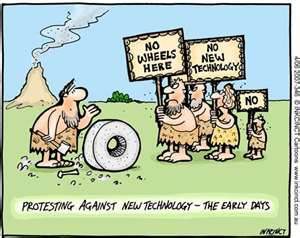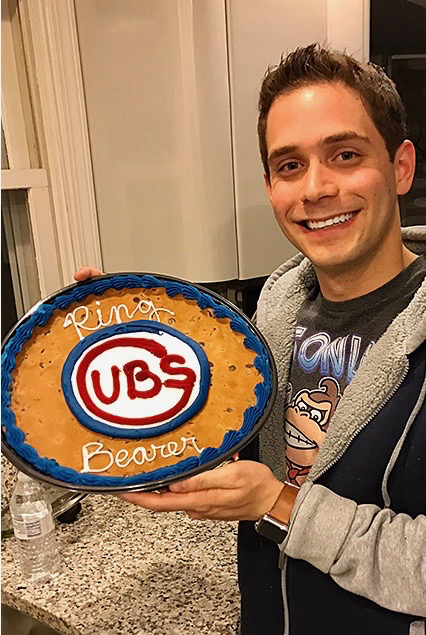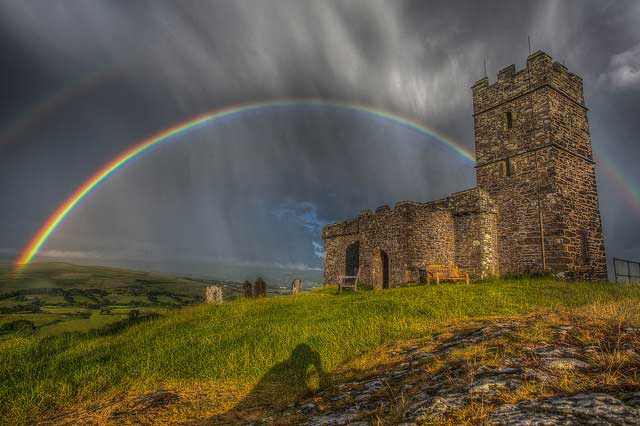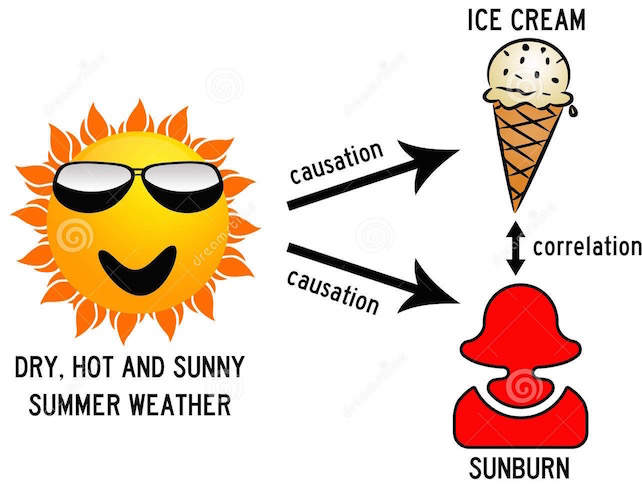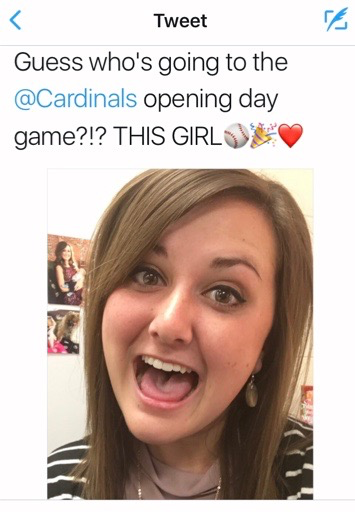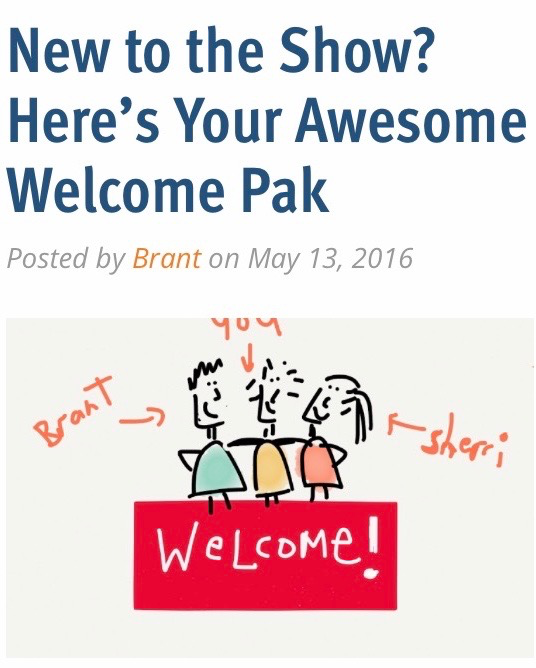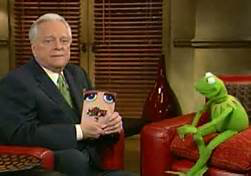This Mother’s Day, perhaps we can apply some lessons we’ve learned from Mom to how we program our radio stations.
Maybe Mom would have us…
Just play the music your listeners love. Don’t play music they don’t love.
Talk to your listeners like a friend, not like a stranger.
Act like you enjoy being with your listeners. Maybe then they’ll enjoy being with you.
Give your listeners presents and throw a party for them and have them invite all their friends. They’ll feel special.
If you have to tell you listeners bad news, hold their hand, and tell them how sorry you are.
If you should take your listeners somewhere they’ve never been, surround them with familiar things to make them feel safe. And don’t leave them alone.
Don’t waste your listeners’ time with things they don’t enjoy. Get to the point, make the interruptions brief, and quickly return to the main reason they listen.
Flush. Be vigilant about getting the bad stuff off your radio station and replacing it with good stuff.
I can’t think of anyone who loved my mother that I don’t also love. Love what is important to your listeners.
(Inspired by the poem “All I Really Need To Know I Learned In Kindergarten” by Robert Fulghum)


